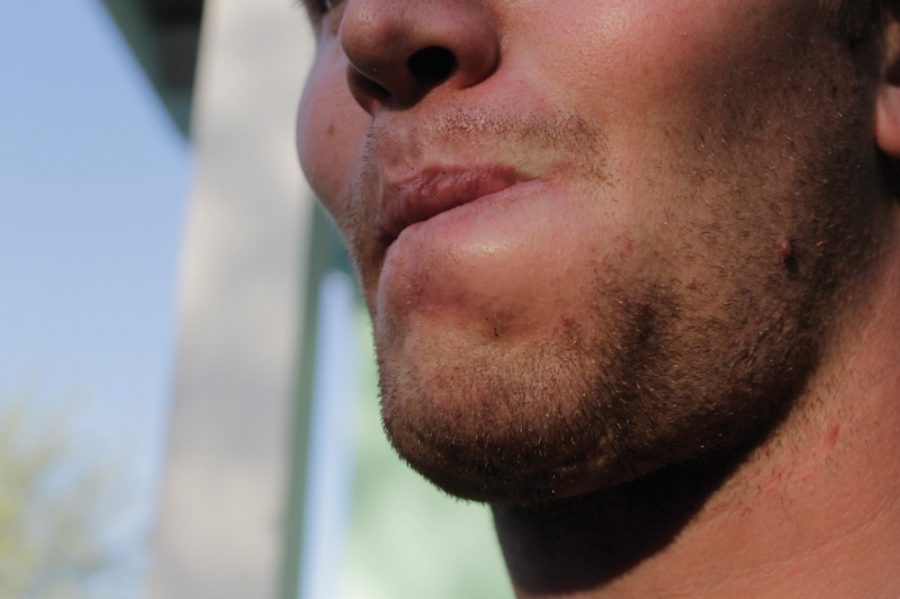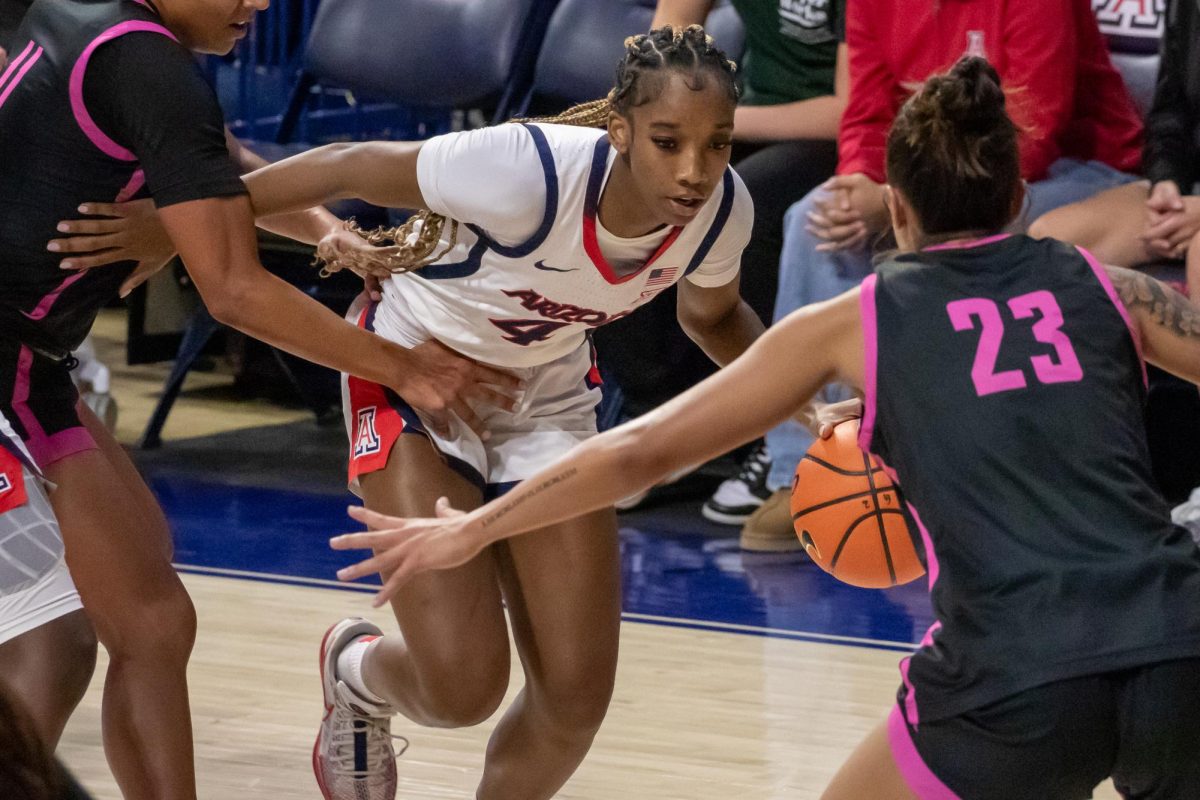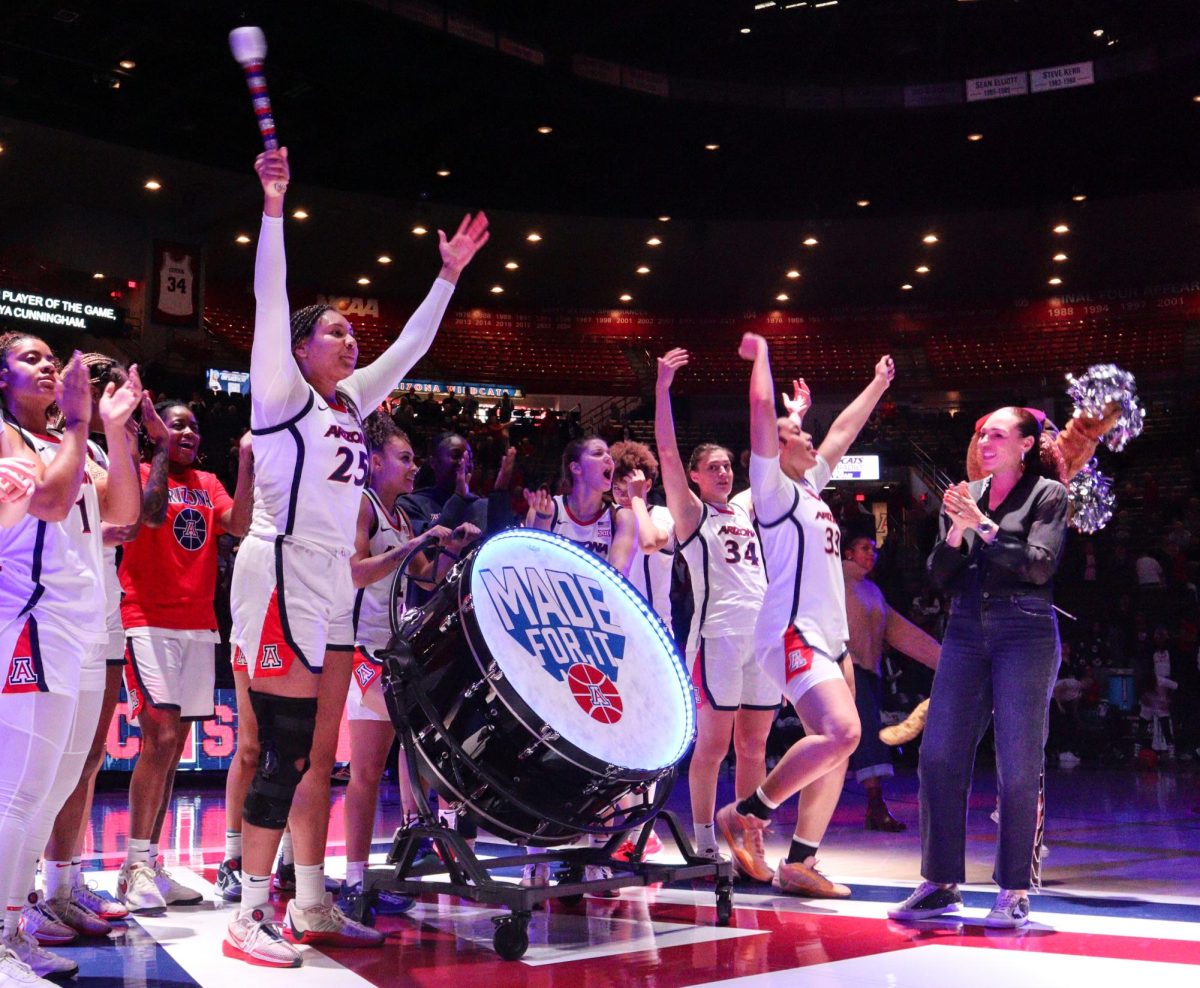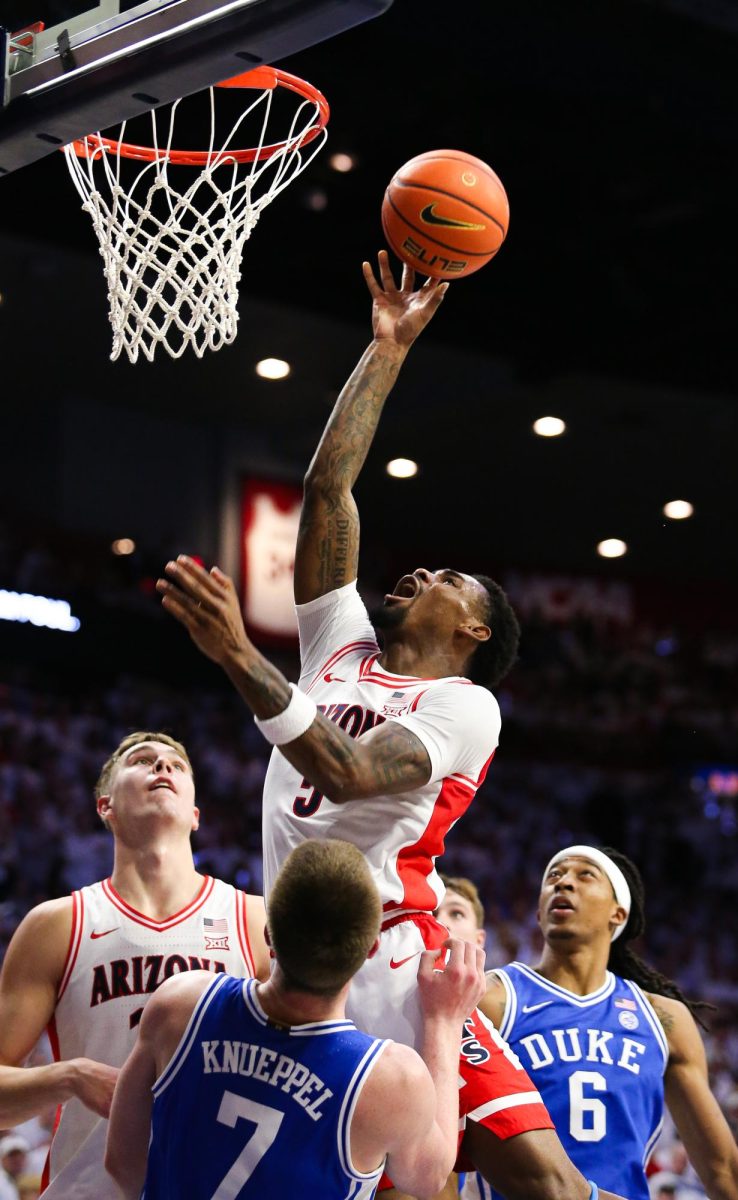With the ongoing investigation into the Tony Bosch steroid scandal, performance enhancing drugs are back at the forefront of baseball discussions. Steroids aren’t the only unhealthy substances to be connected to baseball though, as chewing tobacco still remains under scrutiny.
In a survey by Campus Health Service in 2012, the results showed that 26 percent of male student athletes at the UA said they used some form of tobacco in the past 30 days. That total is 5 percent higher than the Arizona student undergrad population as a whole, and significantly higher than the 12.5 percent of female athletes.
“I’m not oblivious; in our program I know we have guys who dip,” head coach Andy Lopez said.
The use of chewing tobacco in a college baseball game is against NCAA rules. Umpires are supposed to eject both the player and the head coach if a player is caught with tobacco during the game.
Because of this, Lopez said he makes sure his players understand the rules about tobacco.
“I tell them I don’t want to be pulled out of a game over a habit you can’t break,” Lopez said. “You better break [the habit] during game time, because if I’m going to get thrown out of a game, I’m getting my money’s worth.”
Centerfielder Johnny Field said that the percentage of college players using chew is “50-50 or 40-60” with the majority not using.
“I would say there’s probably more guys that don’t do it than do it,” he said.
Lopez added that although chewing tobacco is known as a huge part of baseball, he doesn’t think it’s the only sport that struggles with dip.
“I don’t blame baseball. Football coaches dip and chew too,” Lopez said. “You just see it more in baseball because you watch a game on TV and sometimes you see guys with big wads in their mouths.”
Lopez, a collegiate baseball head coach for 31 years, knows the side effects of tobacco use all too well. While he said he only has used tobacco once as an undergraduate at UCLA, two of his former players have gotten cancer as a result of chewing tobacco.
“I tried it once, back in 1974 I think it was,” Lopez said. “I was a college student I just tried it once, never again. I just tried it out of pure curiosity.”
Campus Health Service drug and alcohol counselor Lynn Reyes said she knows of people who believe chewing tobacco is safer than smoking cigarettes but that they are too different to compare.
She added that although chewing tobacco doesn’t affect the lungs, it can eat away at the gums and create mouth sores, which can lead to serious health problems.
No matter the negative health effects and its ban in college baseball, chewing tobacco is still a part of the game.
“It’s been around baseball for years,” said Field, who was picked by the Tampa Bay Rays in the fifth-round of the MLB first-year player draft.
Field, like Lopez, said that he tried chewing tobacco once but didn’t like it, and has never done chew again.
“I definitely think baseball has a lot of responsibility with [monitoring] it, but I don’t think its baseball’s fault,” Field said. “It’s an addiction that anyone can get into.”









